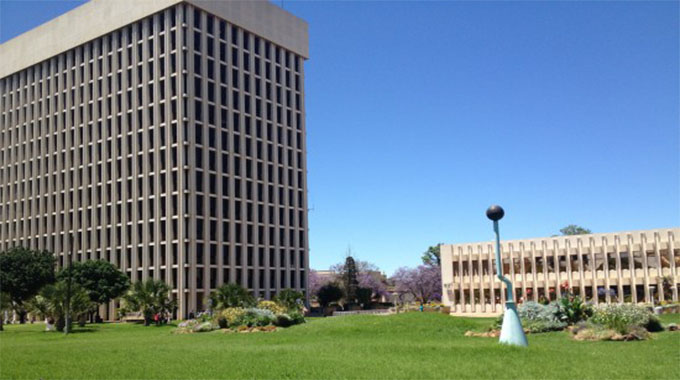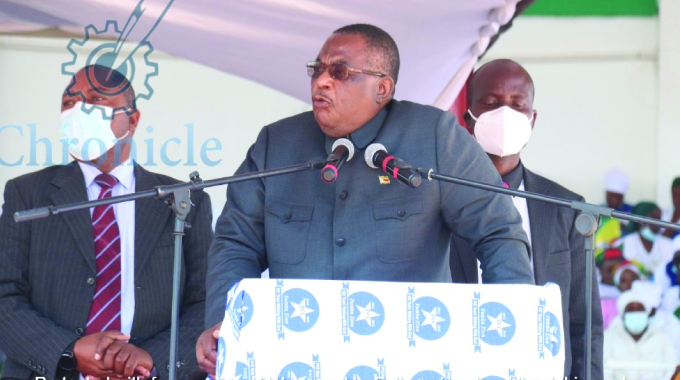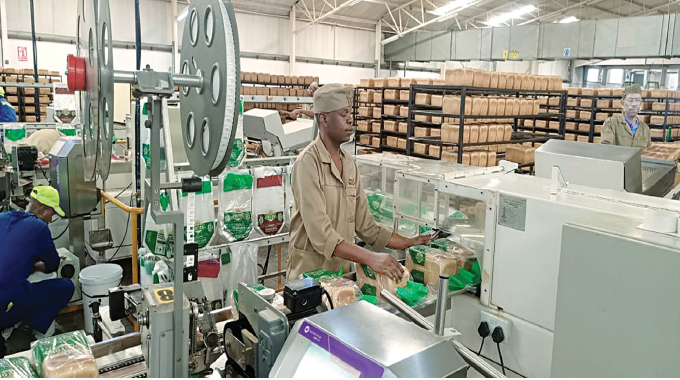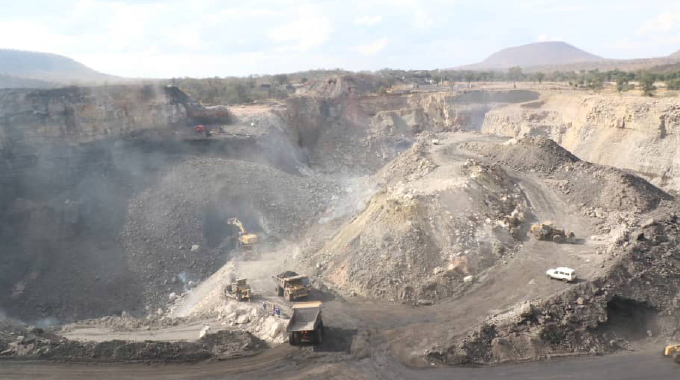City buildings targeted for rooftop solar systems

Nqobile Bhebhe, Senior Business Reporter
BULAWAYO City Council’s key infrastructure is being targeted for installation of rooftop solar and solar car park systems in a bid to generate alternative power aimed at reducing the city’s electricity bill.

BULAWAYO City Council
Targeted buildings include the City Hall main car park, Revenue Hall and the Tower Block.
Enduring Sun Energy (Pvt) Ltd, a company owned by Frenell (Germany) and Geobase Energy (Zimbabwe) has approached the local authority to carry out a feasibility study for installation of solar systems.
Frenell chief executive officer, Mr Martin Selig, wrote to council on June 28, 2022 seeking approval to enable the carrying out of the feasibility study.
The firm submitted an unsolicited and fully funded proposal for the installation of rooftop solar and solar car park system. According to the latest council report, town clerk, Mr Christopher Dube said an unsolicited application costs would be fully financed by the applicant.
“The applicant was interested in carrying out a technical evaluation and assessment by way of a feasibility study.
Council stood to benefit from such a project should it be deemed viable after the feasibility study and Council would not suffer any prejudice through this study,” said Mr Dube.
“After the feasibility study, the applicant undertook to make a Technical and Commercial presentation to Council on the proposed Solar Systems construction and installations to Council.
If Council decided to implement the project in future, the procurement procedures would be followed.”
The local authority authorised Enduring Sun Energy to carry out a feasibility study. Zimbabwe is pacing up its electricity generation capacity to keep up with increasing demand in the wake of increased economic activity which the Second Republic is ushering in, and ensure power shortages do not constrict growth.
Demand for power is increasing at rates in tandem with economic growth, putting pressure on the country to speed up development of domestic power generation.
In 2018, the local authority revealed plans to establish mini solar farms across the city. Excess energy was earmarked to be sold to other users.
At the time, council said solar infrastructure would be installed on buildings such as top of the Tower Block, Revenue Hall, City Hall, City Hall car park among other council owned premises.

Tower Block
“The director of engineering services reported that there had been several suggestions from different quarters to use various spaces in the city to generate solar energy.
This solar energy could then be utilised by the organisation or fed into the Zesa power system,” reads part of the 2018 council report.
Council then proposed that in-depth feasibility studies be conducted as some of the areas earmarked for the project could affect the city’s town planning.
However, some departments including the electro-mechanical section expressed reservations on the proposed project. Some of the objections noted that the aesthetic beauty of Tower Block will be greatly compromised.
The department however, did not have qualms regarding usage of roof tops to mount solar panels.
Meanwhile, the local authority will soon be embarking on an ambitious project to turn its cemeteries into solar farms as the local authority pushes the concept of multi-use of land.
According to the current council report, Mr Dube advised that council should embark on solar projects that were being implemented in the city by way of partnering instead of leasing them out.
Deputy Mayor, Councillor Mlandu Ncube suggested that council could start a pilot project by setting up a solar farm in Pelandaba cemetery.
He said the project would benefit the 117 stands in Pumula South. However, some councillors sought clarity on how the council would maximise its benefits without incurring any losses since the solar project would be feeding directly into the national grid.
In response, the town clerk said the distribution of electricity was done by Zesa, and the council would not benefit directly from the project without the involvement of Zesa
. However, he said council consumption could be offset against council’s input into the grid.











Comments